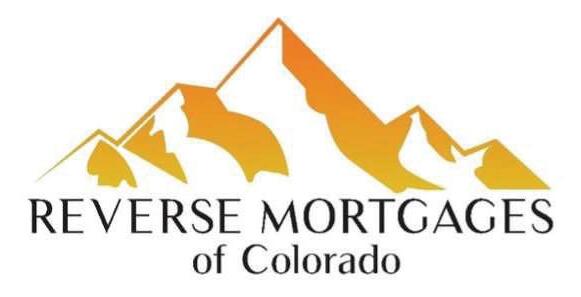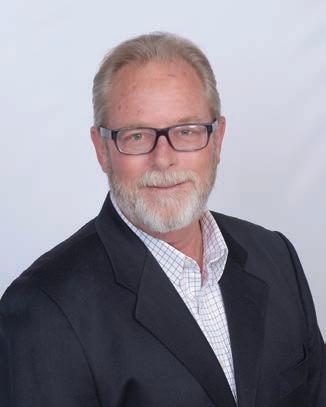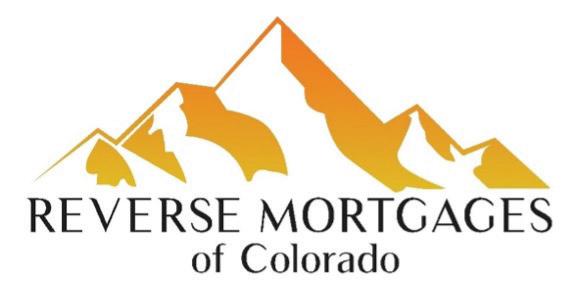
5 minute read
MEDICAIDCLIFF SURVIVINGTHE
But what I celebrate is the link to science. Let’s start with compassion and try to get an understanding. But when brain science came on board, that was just fantastic. People could understand the impacts of brain injuries and soldiers returning from (wars in Iraq and Afghanistan) with concussion injuries from explosives. We were normalizing it.
SUN : In 2007, Ritter felt like she was walking on eggshells the first few times she was invited to give speeches about mental health or attend conferences, where sometimes men were in one room and she was in another “talking to their wives.” She didn’t want to say the wrong words and offend people. She also did not feel like an expert at all, but she realized quickly that her first goal was to get people to open up.
RITTER : People were like, “She’s a first lady. Let’s put her on this” and I was totally unprepared. I would finish with smaller groups, “Are there any questions? We can make this into a conversation.” It was buttoned lips, like nobody had anything to say. And I’m like, “Hey, this is crusty stuff, like maybe you don’t recognize your husband, he’s knocking off a six pack in front of the TV every night, falling asleep. This could be depression. He’s the only one at work and everybody else has lost their job and he’s got no cronies and men are crappy at making friends.” And nobody would say anything. And then when you go in the restroom, they just pounce on you. They’re like, “Oh, I can’t believe you said that because it’s just what my husband is doing.” But there’s no way they were going to raise their hand. No one wanted to be first.
RITTER : I have firefighter friends, and they’re like, it’s the worst thing — people step over somebody who’s passed out and dial 911. Everybody has to respond, which is a huge cost. So what if you had a way to say, this young man, this young woman needs some support? I’m not going to be the one, but is there a number I can call where somebody can come and check on them. They are bus drivers and they think she’s drunk. We’re all in this together. You get this line, “I didn’t take this job to be a counselor.” That’s not what we’re asking you to do. We just want you to know what to do next. practice charges in total, along with three wrongful termination complaints. An administrative law judge combined the proceedings into one trial earlier this year due to their similarities.
Somebody had a great line: We’re a small community, we don’t have a burn unit in this community. But we need people in this community, that, when we have somebody who is a serious burn victim, they know what to do with that burn victim immediately and where to get them next. What a great template for how we provide care.
SUN : In the dozen years after her husband was governor, people have gotten much more outspoken about mental health. When a young relative was going through severe depression, Ritter stepped in to help get her an appointment. Several members of the older generation wanted to keep it quiet, but the young person posted about the saga on her social media account. It was an example of how much more open the conversation has become, Ritter said.
RITTER : Name me a gathering? You can’t have a city council meeting. You can’t have a school board meeting without it. This is a topic now that lives among us, and how long do we want to use the word crisis with it? It’s valuable sometimes to use the word crisis. It’s OK to say the word crisis, as long as we are not hiding behind that word. We get to flap our hands and it’s like hands on the cheek. But using the word crisis … it’s legit as long as it keeps the conversation moving forward.
This story is from The Colorado Sun, a journalist-owned news outlet based in Denver and covering the state. For more, and to support The Colorado Sun, visit coloradosun.com. The Colorado Sun is a partner in the Colorado News Conservancy, owner of Colorado Community Media.
In the wrongful ring charges, the NLRB claims Starbucks let union workers go for minor policy violations. In one case, a worker at the company’s 16th and Tremont store accidentally left $40 in a lockbox unsecured overnight.
On his nal warning, a manager included a past tardy he had never been written up for.
“ e employee was upset and told his managers it was all about retaliation for his union support,” said Saveland. “ e store said no, it wasn’t.”
In another case, a Colorado Springs shift supervisor was red for cursing at a teenage subordinate. Another employee at the Leetsdale Starbucks was red after touching a cake pop by hand and serving it to a customer after it brie y dropped onto a sanitized counter.

Managers coached the employee on what to say in a written statement about the incident and then later used it against her during her termination, Saveland said.
Starbucks attorneys said the rings were justi ed.
“A ve-second rule doesn’t apply at Starbucks,” Kraham said. “Just because employees support unionization doesn’t mean that they get to break the rules.” e company’s attorneys pushed back against allegations of unfair labor practices.

Workers allege the company unfairly enforced workplace policies against union supporters, which would be a violation of federal law.
In one case, a union supporter was told to remove a Starbucks Workers United shirt they wore to work. Managers also took down a union brochure that workers posted on a break room bulletin board.
“It’s not a billboard for anybody to come in and put up what they wish,” Kraham said. “And in all of these incidents workers were not held accountable in the slightest.” e trial is expected to last through March 17 and include testimony from workers and store managers involved in some of the incidents. On March 13, the NLRB presented its rst witness, Bradley Kurtz, a barista at the Starbucks on Academy and Flintridge in Colorado Springs.

Saveland played a 90-minute recording that Kurtz took during a captive audience meeting the store manager held ahead of the store’s union election. In it, managers are heard discussing the changes that come along with forming a union.
Managers in the tape said electing a union would potentially have a negative impact on employee bene ts.
Shortly before the captive audience meeting, Kurtz, a union organizer, had explained to a store manager that workers would be organizing and asked if the manager wanted to take part in a press conference he was planning to announce the vote.
“I wanted this to be a bipartisan e ort,” Kurtz testi ed.

“What did he say?” Saveland asked.
“He had some phone calls he needed to make,” Kurtz said. “And then I think he gave me a hug.” is week’s trial comes as many Starbucks Workers United stores in Colorado struggle to get their rst contracts from the company. Both the union and company have traded blame for delays.
Last year, workers went on strike to protest the stalls and shut down at least three Colorado Starbucks locations. e union has said it plans to take similar actions again if negotiations don’t move forward.
SBWU have called the delays an “unprecedented union-busting campaign” and have promised to ght the actions in future court battles.
“Starbucks is currently being prosecuted for over 1,400 violations of federal labor law and has been found guilty of violating laws across the country,” the union said in a statement about this week’s trial in Denver. “ is hearing is yet another example of workers and the National Labor Relations Board holding Starbucks accountable for their actions.” is story is from CPR News, a nonpro t news source. Used by permission. For more, and to support Colorado Public Radio, visit cpr.org.









